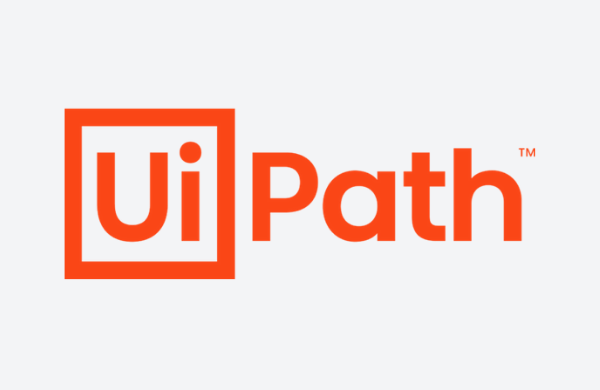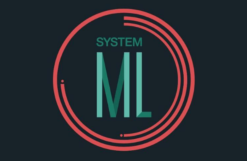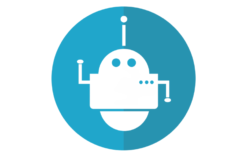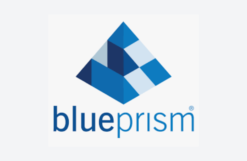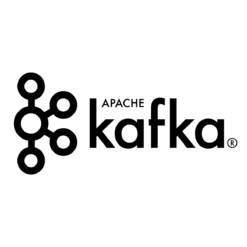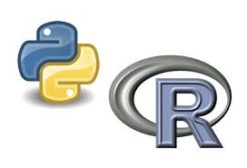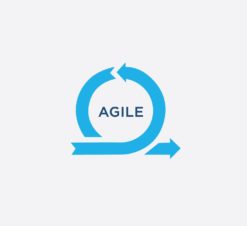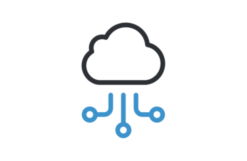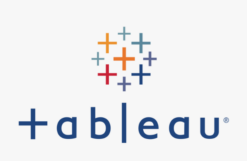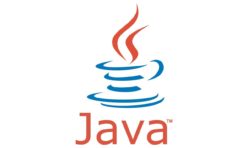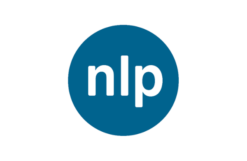Course Overview:
Robotic Process Automation (RPA) is a powerful – and powerfully simple – technology tool that midmarket enterprises can leverage to reduce overhead, improve accuracy, focus employee talents and boost service levels. This course is designed to help you become master in RPA processes and best practices using the extensible UiPath RPA platform, which offers fast RPA design and deployment, scalability for front and back office needs and unmatched security and auditing. You’ll learn experience interacting with web and Java-based applications, building reusable objects, and deploying a resilient and recoverable RPA process.
An application of technology that allows employees in a company to configure computer software, or a ‘robot’, to capture and interpret existing applications for processing a transaction, manipulating data, triggering responses and communicating with other digital systems
Course Objectives:
- Windows, web, and Java-based applications
- Fundamental UI automation concepts
- Automating windows, web and Java-based applications
- How to create and debug workflows using UiPath
- How to install UiPath Studio on Windows
- How to execute error exception handling
Pre-requisites:
- The course is ideal for anyone with a technical background wants to boost their career. Basic programming knowledge of any programming language (C#, .Net, VB, Java, etc.)
- To become a RPA developer one should have Strong understanding of the business & Logical mind
Target Audience:
- Developers
- Project Managers
- Architects
- Operations
- Support Team
- Leads Product Managers
Course Duration:
- 28 hours – 4 days
Course Content:
What Is Robotic Process Automation?
- What is RPA?
- What Are the Growth Trends of RPA?
- How can it Help Organizations?
- Industries and Organizations That Can Benefit
- Software Robot Types
- RPA Benefit — Process Improvement, Productivity, Savings
How Robotic Process Automation Works
- How Does RPA Work?
- Programming
- Graphical User Interface (GUI)
- Recorder
- Self-learning Bots
- Possible Activities of Self-Learning Bots
- Types of RPA – Attended, Unattended, Hybrid
ROI: Building A Business Case
- ROI for RPA
- Velocity
- Productivity
- Lesson 4 -Overview Of UiPath
- Introduction to UiPath platform
- Installation details of UiPath’s Community Edition
- Types of Templates
- User Interface
- Domains in Activities
- Workflow Files in UiPath
Process Components, Recording & Scraping
- UI Automation Activities
- System Activities
- Variables
- Arguments
- Imports Panel
- User Events
Data Manipulation, Workflow And Automation
- Data Manipulation
- Workflow
- Automation of Virtual Machines
- Text and Image Automation
- PDF Automation
- Lesson 7 -Programming, Debugging And Logging
- Programming
- Debugging
- Error Handling
- Logging
- Extensions
- Project Organization
Implementing RE Framework
- Introduction to REFramework
- Using State Machine Layout
- Workflows of the Framework
- Exception Handling & Logging




